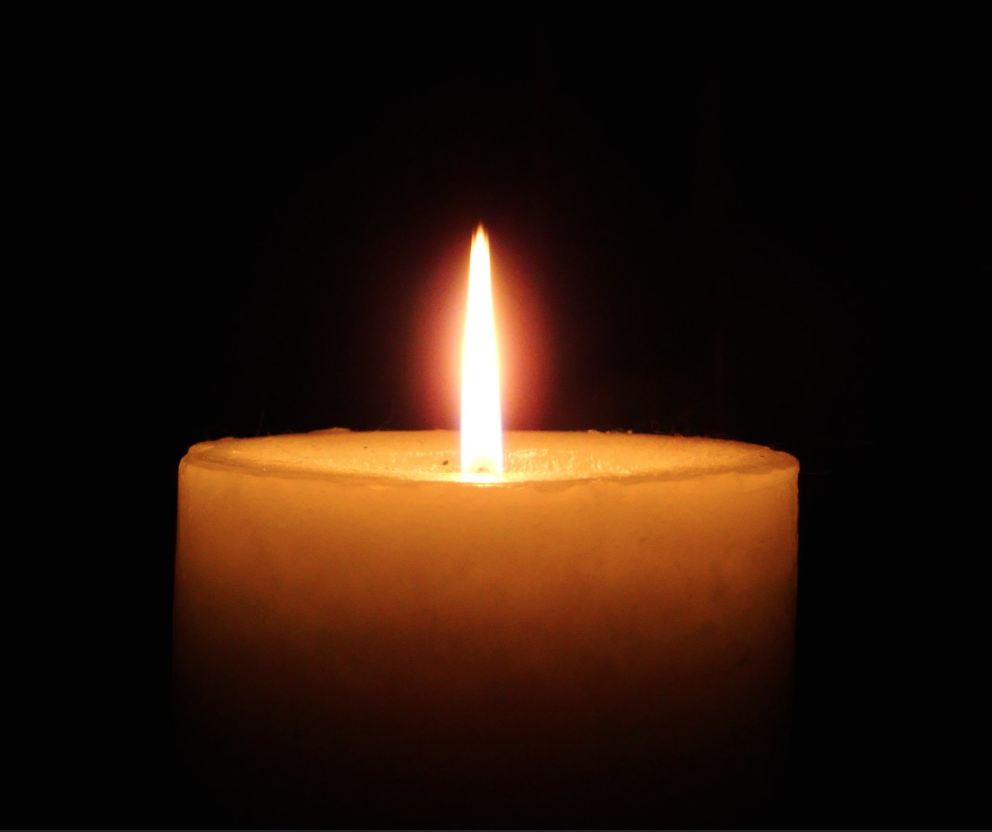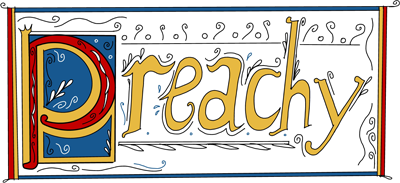
How Nurturing My Relationship with My Ancestors Helps Me Manage My Mental Illness
When I left Christianity, I also ended my relationship with God. Over some difficult years, I learned that this was ultimately a good thing. I had been pushed to a space where I was able to finally acknowledge my ancestors for who they truly are to me. Turns out, doing this would not only benefit me spiritually but emotionally as well.
I had grown up believing in the existence of a God who was not only powerful but who also worked for the good of those who called upon him. And I called upon him, all right. Living a life riddled with many challenges, I looked to him for salvation. But it seemed that the more I prayed, the more hurdles propped up in my life. When I finished my undergraduate studies and landed a full-time job that promised to usher in a life with some stability, the door was closed sooner than I could breathe a sigh of relief from a turbulent life.
I was gutted. I wondered if my faith had not been strong enough to help me secure the work visa I needed to start the new job. But I also knew that the Bible said that with faith as small as a mustard seed, one could cast mountains into the sea. Surely this couldn’t be about how strong my faith was. Still, I was hurt. Finally, I realized just how tired I was; how fed up of living like Job. I was tired of the tests, so I decided to completely dissociate myself from Christianity. Even if God existed, I no longer believed in his power or love. I remained a spiritual person, though, and I still believed that something in the spiritual realm had some influence on what happened in the physical world.
I turned to Facebook to vent at God.. Several of my many Christian Facebook friends did not take kindly to how I questioned God and religion. We spoke at each other. They were more concerned about how I disrespected their beliefs. Unsurprisingly, they didn’t care to understand the painful experiences that led me to the point where I no longer venerated God as a sacrosanct deity who shouldn’t be questioned or regarded the Bible as a book of truths.
I was also surrounded by Africans who didn’t even believe in the existence of a deity. Some of them practiced African Traditional Religion. These Black folks provided a space for me to let out some steam by not saying anything when I vented or confronted the angered Christians. They also had open conversations about their ancestral beliefs.
From them, I learned that it is OK to nurture a relationship with one’s ancestors. I learned that doing so would heavily involve partaking in rituals where, using candles and other ingredients, I would summon ancestors and welcome them into my space, where I would express gratitude and present my concerns. Not all spirits represent good or light so I had to make sure I called into my space and life only those family members who have my best interests at heart. Nurturing this relationship with my ancestors also meant unlearning the deep-seated belief that these family members are demons and that communicating with them is an act of Satanism.
I was battling a mental illness while I was weaning myself off doctrinaire Christianity. I was undiagnosed because I couldn’t afford access to a good, and LGBTQ2+-friendly psychologist, and the illness was debilitating. I had already attempted to end my life twice. With everything else that was going wrong, I also had a hard time finding much-needed community among queer folks. My disappointment would turn into resentment due to the ways I felt let down by people I thought would easily empathize with me. It’s only now, when I have a better understanding of myself and how past traumas have affected me, that I’ve accepted that I may have just been looking to the queer people around me for something they seemed unable to give themselves: a safe space to navigate one’s queerness and figure out healthier ways to cope with being queer in a world that condemned their existence. To be fair, I also wasn’t able to give to myself—or even reciprocate—what I wanted from them at that time.
With all that was happening in my life, I still yearned for a connection to that bigger entity that I believed influenced the physical realm. Christianity had, to a certain extent, served that role. It had also helped me get through the tough times. Until I no longer believed, I found comfort in knowing that there was a spirit—God—I could turn to for guidance, encouragement … love. I now felt drawn to the idea of connecting with my ancestors. I wanted that spiritual relationship I once had with God. I also wanted answers to my existential questions.
Even though I am now receptive to African spirituality, it has still been hard to understand its ethos as explained in my native language, Shona. Thankfully, South Africa’s visible community of sangomas (healers) helps me understand what I fail to grasp in Shona. They know that their online audience is diverse, so these sangomas mainly use English to guide us in our spiritual journeys. These sangomas, like Gogo Moyo and Gogo Dineo, use YouTube as the main medium to reach many individuals who subscribe to African spirituality.
I am still learning about African spirituality, and I am still seeking answers to my questions and learning more about my family. I am still learning how to ground my spirit so I am more attuned to the spirit of my maternal and paternal ancestors. Still, what I’ve learned has allowed me to see how my relationship with them is playing a key role in how I manage my mental illness.
My ancestors’ presence makes me feel like less of an orphan: They are with me. I now know I can also reach out to my parents, especially during those moments when memories of them are triggered by a song, clothes, a fragrance, or people with the same physical features or mannerisms as them. I have learned that in those moments when I find myself mourning or reminiscing on past experiences with them, I can talk to them and let them know what’s on my mind. I can also ask them if they have anything to tell me.
Nurturing my relationship with my guides means that nurturing my spirit is still as important as it was when I was a Christian. Tending to my spirit has included being committed to therapy, which has helped me see how my lack of healthy emotional boundaries did not help me in the long run. Burning myself to keep others warm or being too willing to sacrifice my needs for others drained me and often led to resentment of those I helped. My physical and emotional wellbeing was affected and this obviously stunted my spiritual growth. I needed to establish and stick to healthy boundaries. I had to be more mindful of who I allow into my personal space, how much support I show others, whether my relationships were based on reciprocal support or what I invested my energy in.
These boundaries protect me from people who may only be an impediment in my journey: people who may not understand or be willing to accommodate my spiritual journey or those who may not seem willing to nurture healthy relationships that are mutually beneficial. This safeguards my peace. The sangomas talk about how important it is to be in a grounded state when one communicates with their guides.
If I am rooted in my spirit and learn how to move through the chaos of the world with the ability to quiet my spirit should that chaos be absorbed, which happens quite often, I’m easily able to receive messages from my ancestors. These messages can be relayed through dreams, supernatural experiences, or other people.
Still I live with a mental illness. This means that the line between certain experiences being brought on by brain chemistry and others that signal the presence of my ancestors can be blurry. This is why I still value therapy and regularly check in with my therapist who helps me figure out ways to manage my condition. This is why I am also learning how to tell if certain experiences or sensations are signals that my ancestors require my attention. The sangomas make it clear that different ancestors use different ways to signal their presence to us. This is why they encourage us to ask our ancestors to guide us and our spirits.
Anxiety attacks are one symptom of my illness. I’m usually able to trace any triggers back to something I may have read or a thought that suddenly crept up in my mind. During these times, my commitment to therapy pays off as I use the tips my therapist shared on how to calm myself down. Other times, I’m not triggered. I have since realized that the sudden surge of nervousness or the panic attack at those times is likely a signal that my ancestors are present and require my attention. So I talk to them. Not only does this let them know that I am attentive and they may speak, but it also calms me. Some days are good. Others are simply ugly, even when I know I have a therapist and my ancestors. However, lighting a candle and talking to my guides is a good way to remind myself that I’m looked out for.
